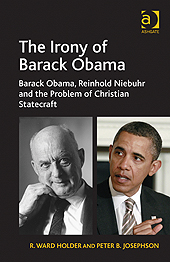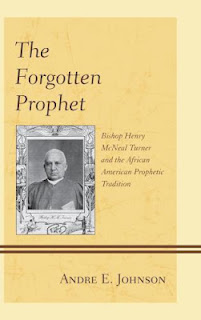
We don’t expect our politicians to say much about the poor, but what about the church? When was the last time you preached or heard a sermon on the poor? Not poverty, but the poor, and not as an illustration, but as a focal point. (We might ask the same thing about a college or seminary class that purports to be about the cultivation of wisdom or faith.) The readings from Proverbs and James (see below) refer to the poor directly. Both passages are striking because they go further than a soft paternalism that might urge us to care for the poor. James and Proverbs offer not an appeal to our altruism, the work of charity, or a political agenda or campaign. They are not looking for votes or a clear conscience. They see the poor as part of the community and concern for the poor as an integral part of the life of faith and wisdom….
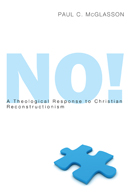
Everywhere, it seems, one hears “Wasn’t our country founded as a Christian nation? Shouldn’t we vote only for Christian candidates willing to stand up for our beliefs?” The talk has grown in volume in recent years as earnest Christians endeavor to discern God’s will for church and society. Behind this talk is a movement known as Christian Reconstructionism, whose set of ideas is based on bringing Christian law into the public and political sphere….
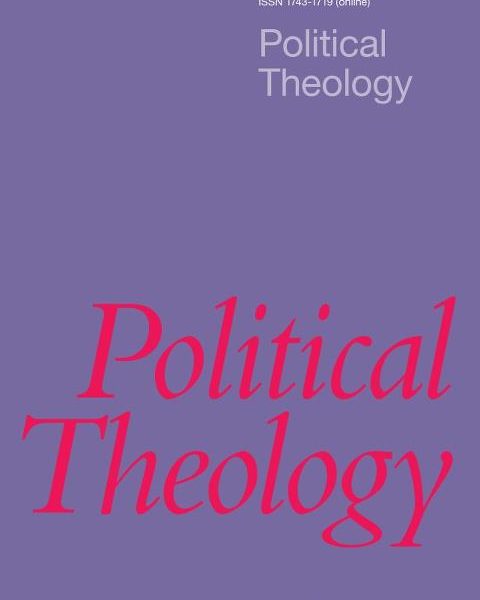
Inter-religious understanding and debate, once neglected within the academic study of theology and religion, has acquired a political significance that is unlikely to diminish in the foreseeable future, with the result that it will require substantial and sustained scholarly engagement and investment for the long-term.
The focus of the current issue of Political Theology (13.4) is religious pluralism, and inter-religious dialogue and cooperation. Overlooked and marginalised for too long in the academic study of theology and religion – where the ‘big beasts’ of the discourse have tended to be scholars pre-occupied with intra-religious concerns, and where expertise in religions in the plural has been frequently regarded as stretching yourself too thinly – such studies are slowly assuming an academic importance commensurate with the geopolitical significance of religion…..
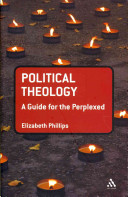
I am an American who lives and teaches political theology in the United Kingdom, and for the next few months I will be reflecting on the experiences, pitfalls, and opportunities in teaching political theology. This month I begin with a summary of the book which I recently published as an aide to teaching political theology, and this will be followed in the coming months with reflections on teaching political theology in the US and the UK, teaching political theology to conservative and liberal students, and teaching political theology ecumenically….
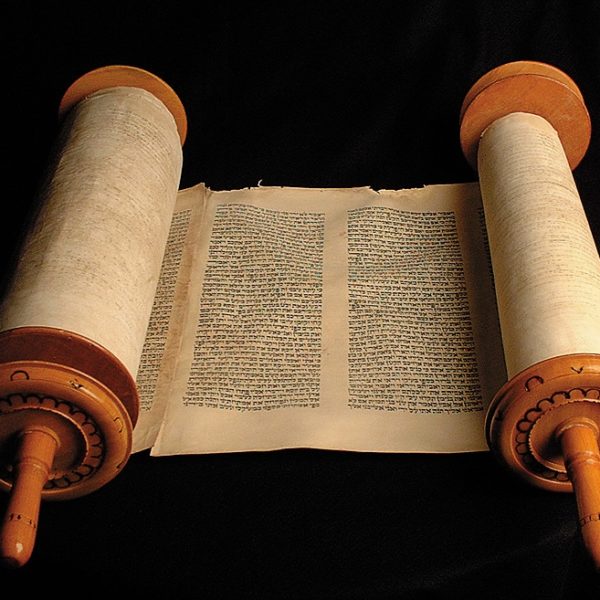
John’s gospel is replete with splendid imagery of the saving power of Jesus, so much so that it can be easy to wonder how the disciples could have even considered turning away from Jesus, even at the cross. But here we are, still a far cry from the cross and Jerusalem, long before the last supper and the cock’s crow, and rather than the masses that we’ve grown to expect to see coming out towards Jesus in droves, we are told that many who were following him turn away from Jesus en masse. How could this happen? What motivates those who leave? And what’s more, in the face of such harsh words–of inevitable tribulation ahead–what motivates those who stay? These are the politics of today’s gospel text…
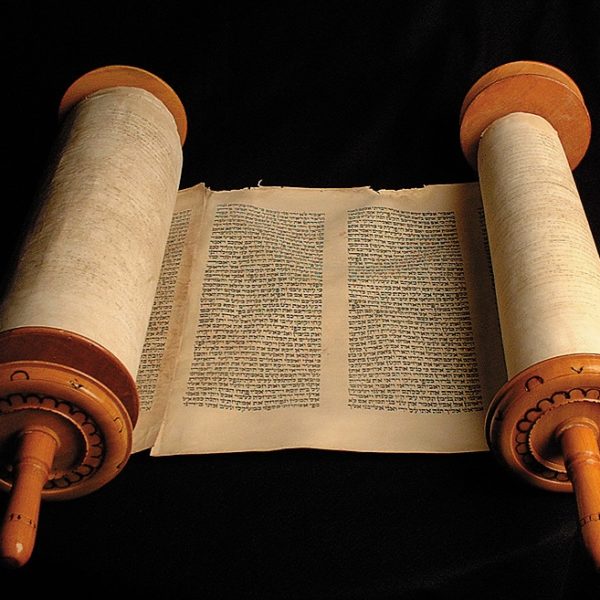
This week’s lection is a well-loved, much-cited chestnut from which a thousand moralistic sermons have germinated. And with good reason. Solomon becomes king and when given the chance to have any wish fulfilled by God, chooses wisdom over the usual favorites, long life, wealth and power.
As even a cursory glance at this weeks lectionary reference will reveal, however, there are a couple of gaps in the text. The first is what happens just before Solomon dies, as he gets last minute instructions from David about scores that the family needs settling. The second is between the time that Solomon ascends to the throne, and the time Solomon and Yahweh have their little heart-to-heart. When you read that part that the lectionary omits, what you find is not Solomon sitting around having his daily quiet time in prayer and study of the scripture, but rather in the ruthless pursuit of control and the exercise of the royal prerogative of vengeance against the enemies of the monarchy…

In the cover story of the August 6 edition of Time magazine, Joe Klein offers a rather grim account of the U.S. national conversation about guns in the wake of recent mass shootings. He writes about the ways in which the political climate, increasingly and rather bizarrely governed by the gun lobby, has made it impossible to have any serious political dialogue about the regulation of guns and ammunition. The article is provocatively entitled, “How Guns Won.” It is clear to me from reading the piece, however, that Mr. Klein wants to stay far from actually attributing victory to guns themselves. Rather, he wants to maintain the more commonsense view that it is those political actors that value gun-owning, certainly backed by the gun industry but also fiercely devoted to libertarian ideals, that have won decisive victories. However, I think we could take Mr. Klein’s title quite literally and say that guns themselves have essentially won what Bruno Latour might call a “trial of strength” in which they had been engaged with their critics….

The crucial thread in Perry’s narrative has been that of the “turn to loyalty”: where Rawlsian liberalism can dismiss the problem of religious loyalty and imagine that religious and political loyalties ought by their very nature never to conflict, Locke recognized clearly that such conflicts do happen, and such loyalties must be carefully attended to if they are to be harmonized. Accordingly, he provides not merely a solution of political theory, but a solution of political theology that attempts to establish, from within Christianity, the proper nature of Christian loyalty. Unfortunately, most interlocutors today simply no longer recognize the tension but persist in a naïve conviction that civil loyalty and religious loyalty ought to pose no threat to one another in modern America…

